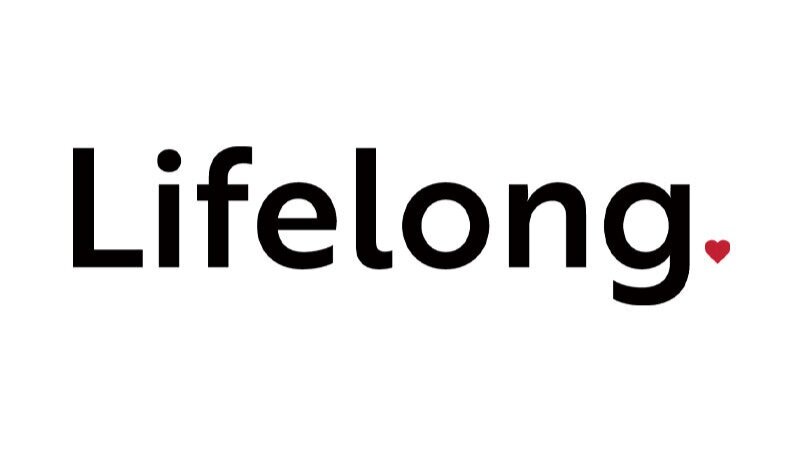Imagine trying to sleep every night without a roof over your head to shelter you from the rain and being unable to lock a door to keep you safe. This is a reality for thousands of people living within King County.
As of January 2018, there were 12,112 individuals that were experiencing homelessness within King County. Although this number is appalling, the real shock was that this was the first year that the majority of people experiencing homelessness were unsheltered.
Being unhoused is even more dire for people living with HIV and other serious illnesses, which is why Lifelong’s Housing Program continues to evolve to meet the needs of our community. Tiny House Villages are our newest tactic to support the people that are experiencing homelessness and that are also unsheltered. Tiny House Villages are made up of multiple 8x12ft units that provide a safe, secure, and private place to live while these individuals obtain permanent housing.
Lifelong knows that housing plays a huge factor in someone’s longterm health outcomes, which is why we provide intensive case management and behavioral health, and put an emphasis on healthcare.
“If people are not connected to healthcare or health services, then we figure out why: if they haven’t gotten to it, if they don’t have insurance, or if they had a negative experience and don’t trust healthcare providers anymore,” says Eddy Matlock-Mahon, Housing Supervisor.
Eddy and his team work vigorously to help their clients overcome these barriers so they can connect them to the medical and mental healthcare they need.
The majority of individuals that come to the Tiny House Villages are people that are identified through the city’s cleans. In an attempt to clear unsanctioned homeless encampments, the city will identify specific places to clean – which consists of a team that tries to connect individuals within the encampments to resources so they can find immediate shelter, then a special unit will come in on the day of the clean and evict these people from their communities. These cleans, or “sweeps” as they are sometimes called, are a traumatizing experience for all the individuals living in the camps.
“It would be like someone coming into your house and telling you that you can take whatever you can carry with you, but we are going to forcefully eject you from your home, and then we are going to bulldoze it to the ground,” Sean Watkins, Behavioral Health Professional, explains.
So when these individuals come to the Tiny House Villages after experiencing this trauma, it makes our staffing model that much more important by prioritizing our clients’ case management, behavioral health, and healthcare.
Recently, a client who had previously served in the Navy came into one of our Tiny House Villages after moving from Texas, where he had been homeless and dealing with some mental health issues that created barriers to gaining employment and housing. Once in the Tiny House Village, Eddy and his team were able to work with this individual to get him a housing referral within a week and a half. This individual couldn’t have been any happier and mentioned that he had never had his own place before.
“When you get that type of reaction, it makes all the bad days, worth it,” Eddy says.
Even though our Tiny House Villages are temporary housing options until clients are placed into permanent housing, Lifelong is dedicated to making sure that these villages offer more than just a bed to sleep in, but being a place that these individuals can call their home.

